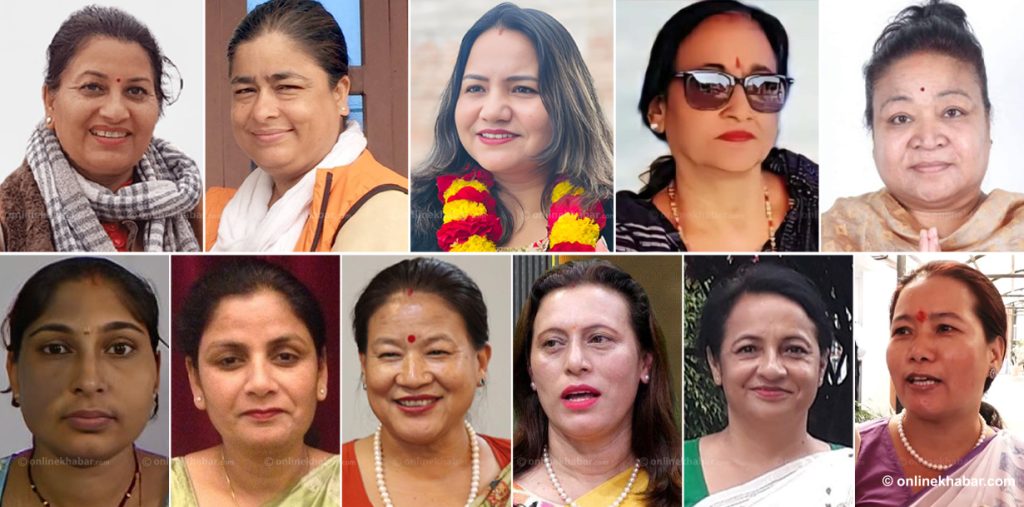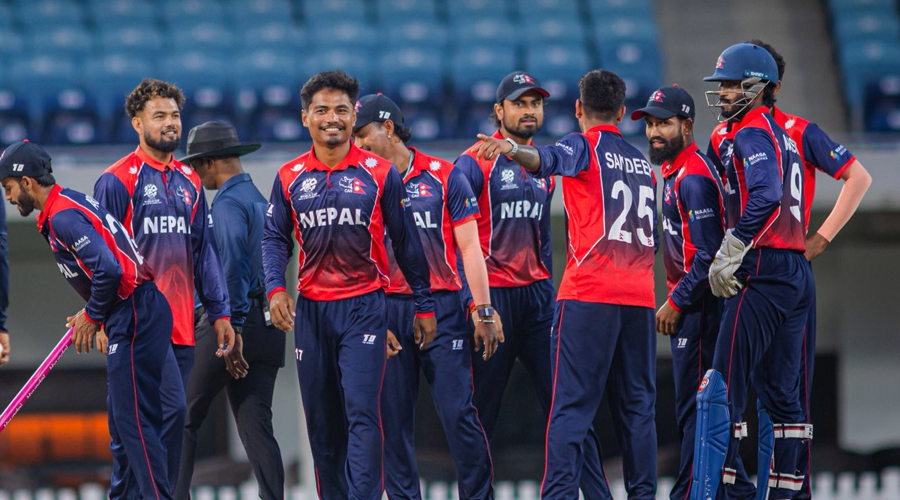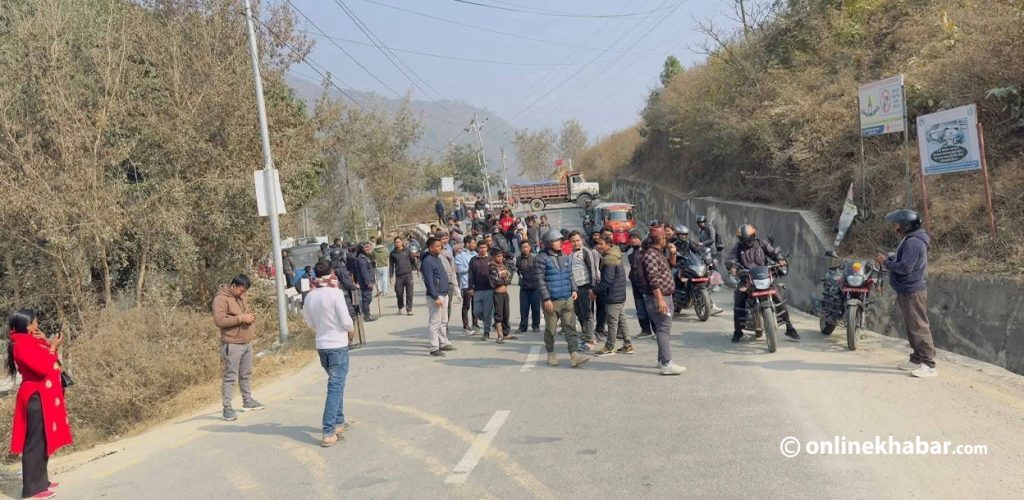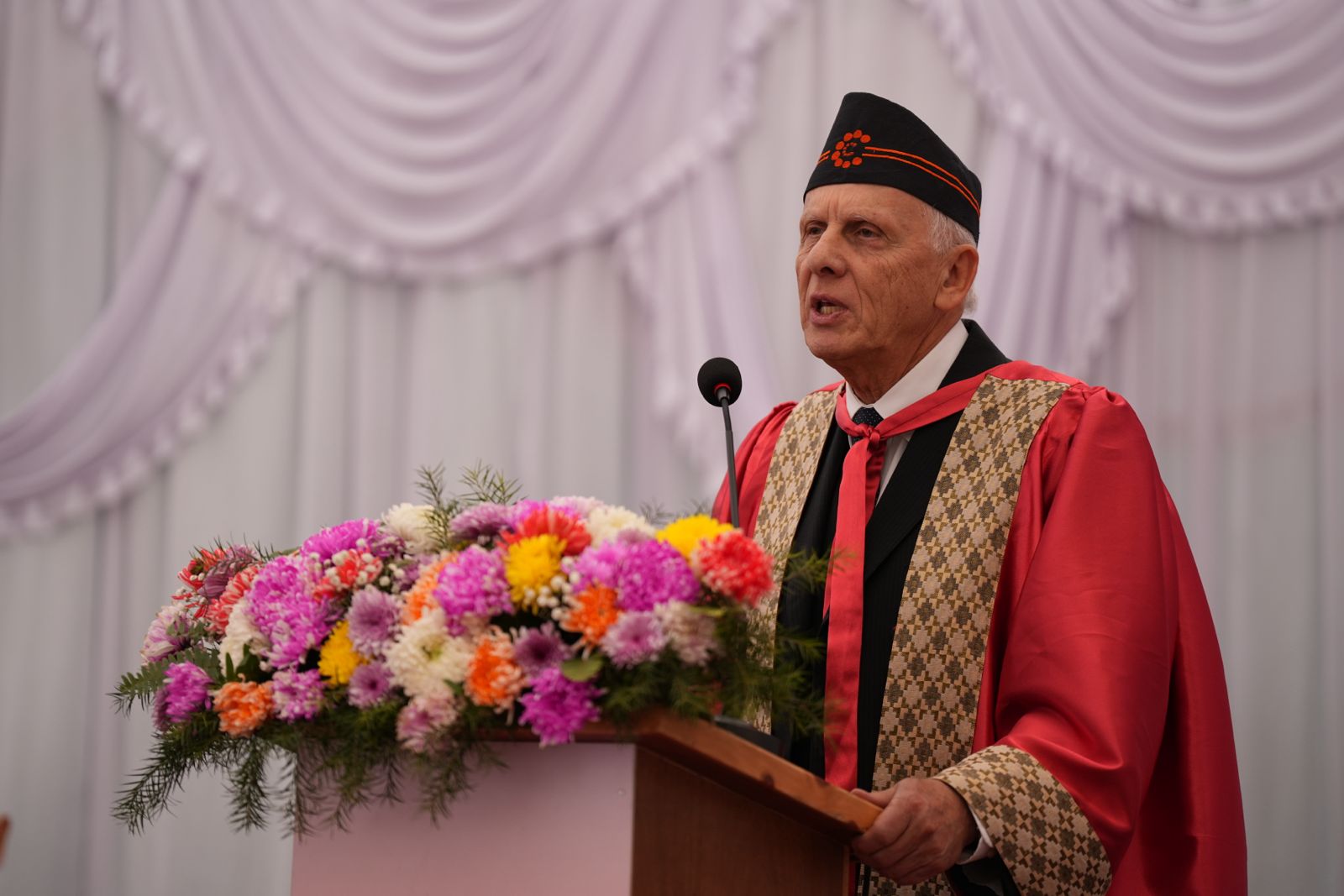People often use a person’s facial appearance to define beauty. But does beauty only lie in a person’s face? Why is it that only people with nice and clean faces are referred to as beautiful? Does beauty represent someone with a facial burn? Is beauty not about being kind-hearted? There are hundreds of questions that are concerned with the definition of beauty. However, the key question is what makes people beautiful?
Nanija, a short film directed by Sujata Basyal, has tried to answer these questions.
The film tells the story of Mithu, a third grader, who is always conscious about her looks. Mithu has burn scars on her face. Due to those scars, she has to go through a lot of problems that would never have crossed a child’s mind. At school, she becomes a target for bullying. While her classmates play, she is left by herself, observing them from a distance.

Mithu is aware no one wants to be her friend because of her scars. She often asks her father why she is different from others and why she is not like her mother while her friends are. He cannot answer Mithu’s questions as he is frustrated as he cannot do anything to his child.
One scene is particularly powerful. Mithu’s father asks her what she wants to be when she grows up.
“I want to do something where I do not have to be beautiful,” she replies.
Her response goes beyond a mere answer. Her words reflect not only her response to her father’s question but also sum up the emotional turmoil and concerns stemming from the burn scars on her face.
Mithu might have been in a more vulnerable situation, but her parents’ love, support, and care have been her salvation. Her parents display a deep sense of empathy towards her. Typically, in movies set in rural areas, individuals with disabilities or facial scars are frequently regarded as omens of misfortune. Such individuals are confined within the home, facing disdainful treatment from their families, which ultimately destroys their mental health.

However, Mithu in Nanija stands out in this context. The movie has tried to show how important compassion and support from parents are to children who are different from others. It shows how love can keep a child motivated despite all the hurdles they face in life.
The concerns raised in Nanija hold both significance and sensitivity. It tries to convey the message that children should grasp from an early stage that beauty extends beyond facial appearance. True beauty encompasses traits like kindness, loyalty, and honesty.
It shows how children should not internalise negativity or lose motivation when confronted with hurtful comments about their physical appearance. Rather, they should cultivate the ability to disregard such remarks. This crucial understanding is instilled in the child’s upbringing within the context of Nanija.

Besides, Nanija’s story plot, another thing that makes the film pretty is its minimalist approach towards dialogues, cinematography and costumes. Since the film is shot in a rural setting, the director has ensured everything in the frame looks simple and authentic.
Everything is well coordinated within the context. All the actors have contributed significantly to validate the movie’s minimalistic approach. Their mannerisms and dialogues effectively immerse you in a rural backdrop, evoking a genuine sense of being amidst rural surroundings. Simultaneously, the audience is treated to the picturesque beauty of the rural landscape, enhancing the overall viewing experience.
Beyond Mithu’s narrative, the film also depicts the potential for betrayal from those closest to us. It emphasises the need to tackle every issue with utmost patience. Why? Because persevering through difficulties, one can uncover superior alternatives that lie ahead.



















